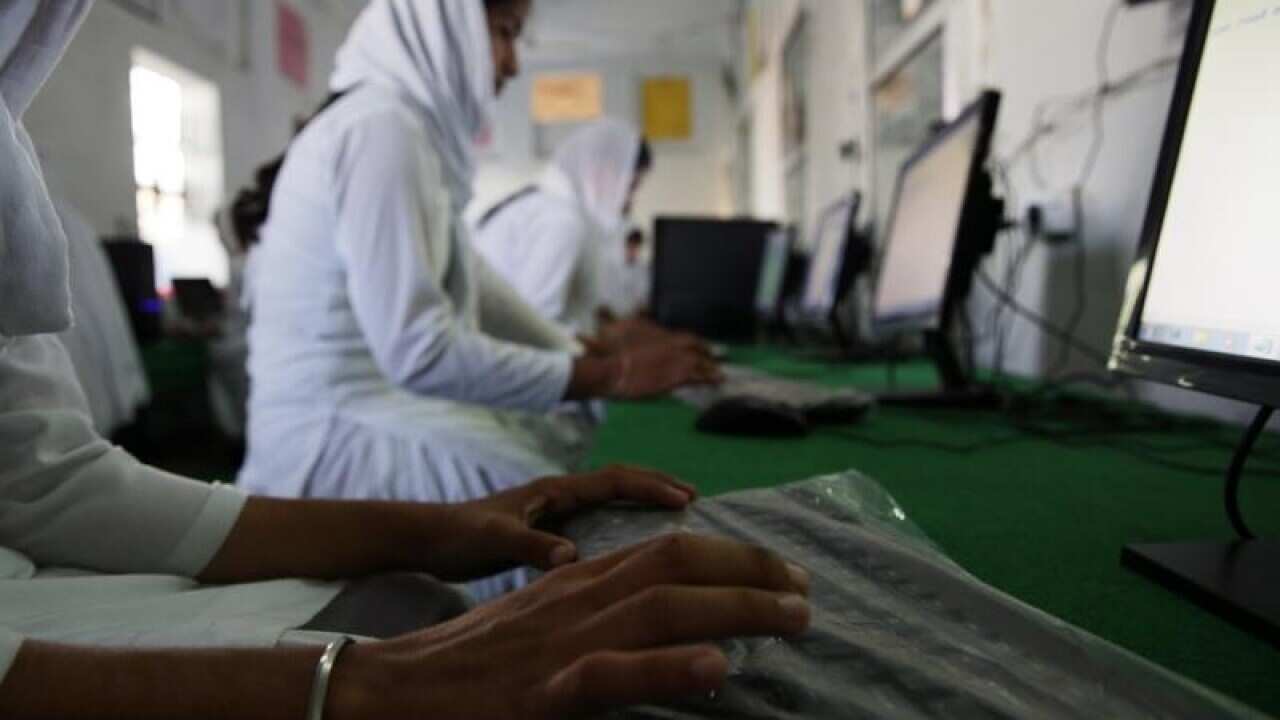Digital technology is already changing childhood and could be a game-changer for the world's poorest children but experts are warning it could also just draw new dividing lines.
A new report from UNICEF, released on Monday, looks at how online and digital opportunities can be harnessed to benefit disadvantaged children and protect the most vulnerable.
It says digital technologies bring many opportunities, particularly for children in remote or isolated areas through education and giving access to information that can help their communities, and allows kids to participate on equal footing, such as those with disabilities.
But globally there are many access gaps: between the rich and poor, along gender lines, and language barriers where not much content is available in someone's native tongue.
Children who can only use mobiles to access the internet often end up with a second-best experience.
And UNICEF warns that digital technology can make children more susceptible to harm, both on and offline.
In Australia, the vast majority of teenagers are online, with nearly one in four children first using the internet before they were eight.
The average time spent online each week for teenagers (18 hours) is nearly double that for all Australians aged over 15.
One in five teens experience cyberbullying and are exposed to inappropriate content.
About one in 12 younger children report the same bad sides to being online.
"The internet was designed for adults, but it is increasingly used by children and young people - and digital technology increasingly affects their lives and futures," UNICEF Australia director Tony Stuart said.
"But while the internet has the ability to significantly benefit children, we need to realise it also has the capacity to enable harm to them."
UNICEF has made 29 recommendations in six broad areas on how parents, governments and business can protect children while making sure as many as possible can access online opportunities.
These include investing in free public hotspots, promoting the creating of content relevant to children, offering maximum privacy settings by default for children, teaching digital literacy from the early years of school, and ensuring parents are good role models in sensible use of technology.

